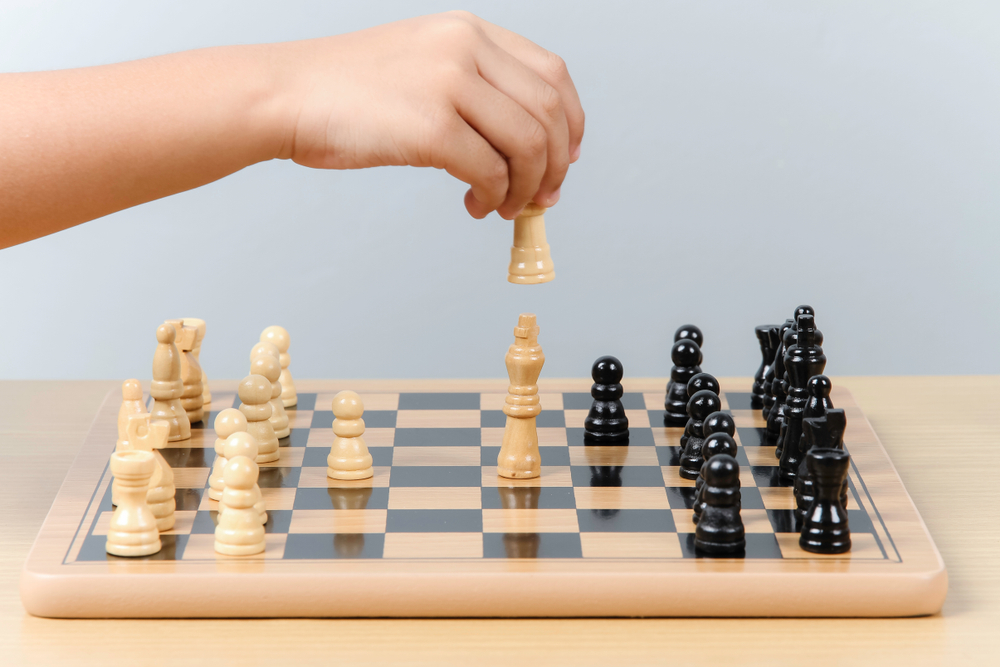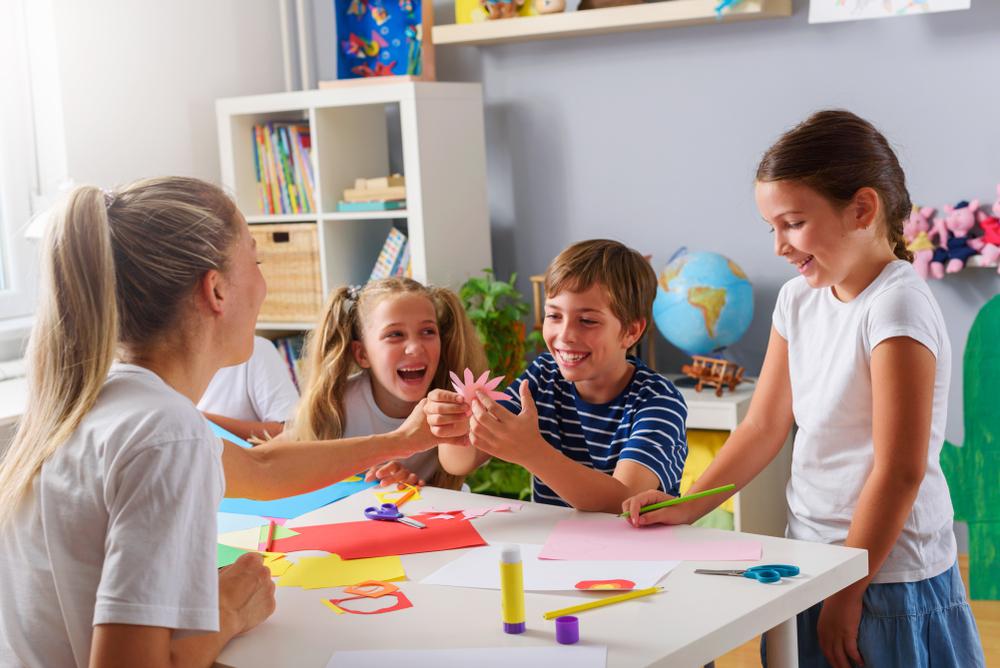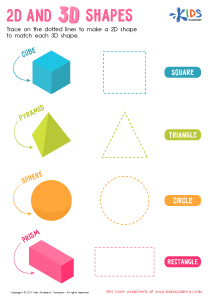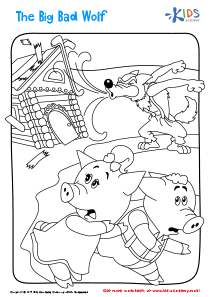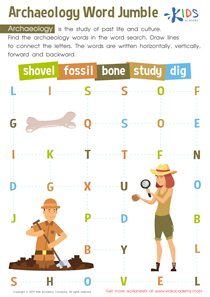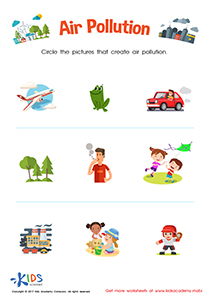Extra Challenge Mazes worksheets activities for 8-Year-Olds
12 filtered results
-
From - To
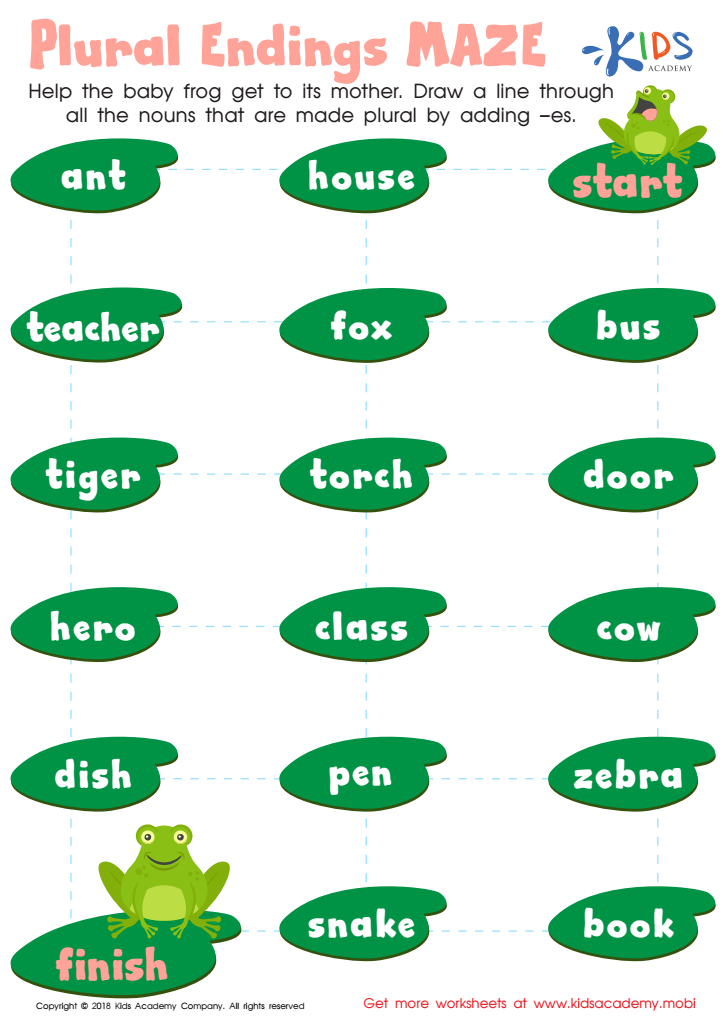

Plural Endings Maze Worksheet
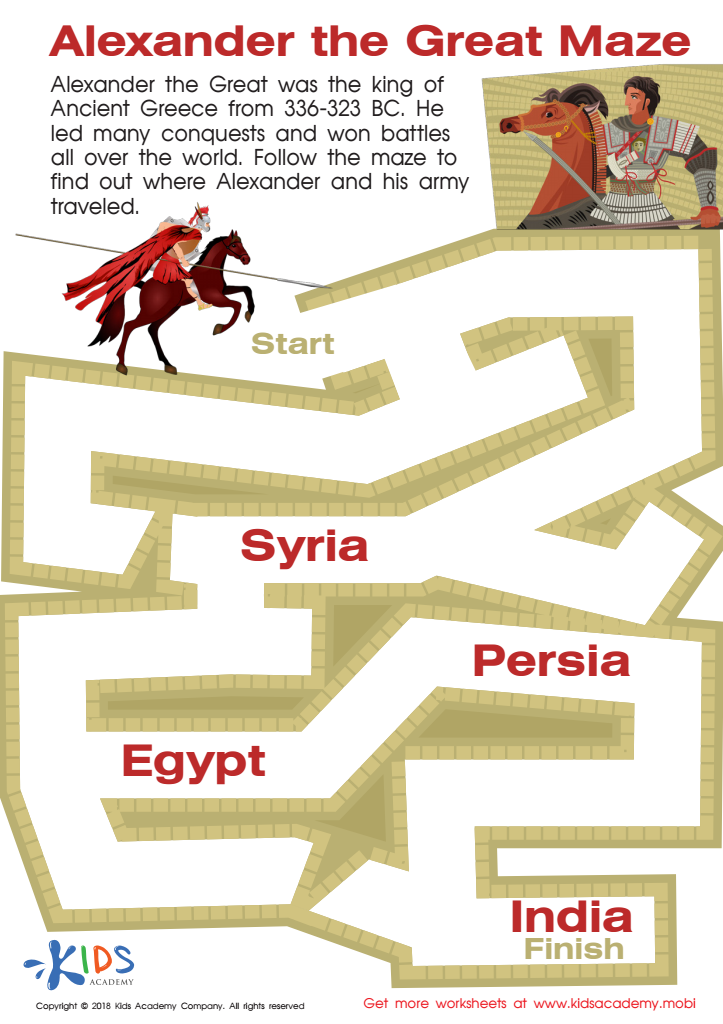

Alexander the Great Maze Worksheet
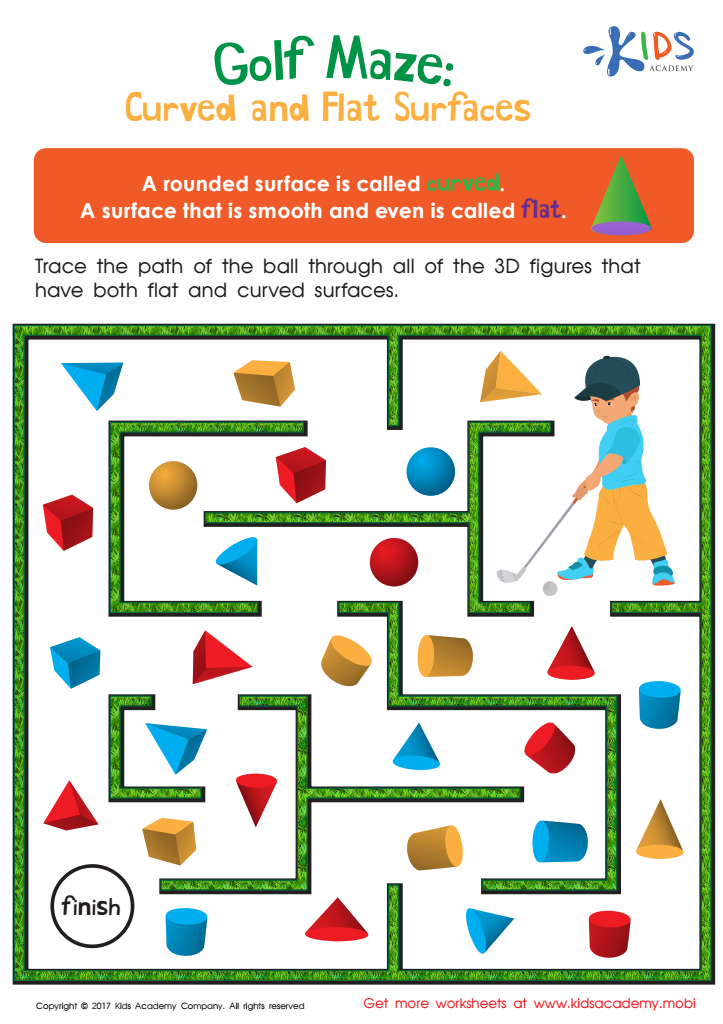

Golf Maze: Curved and Flat Surfaces Worksheet
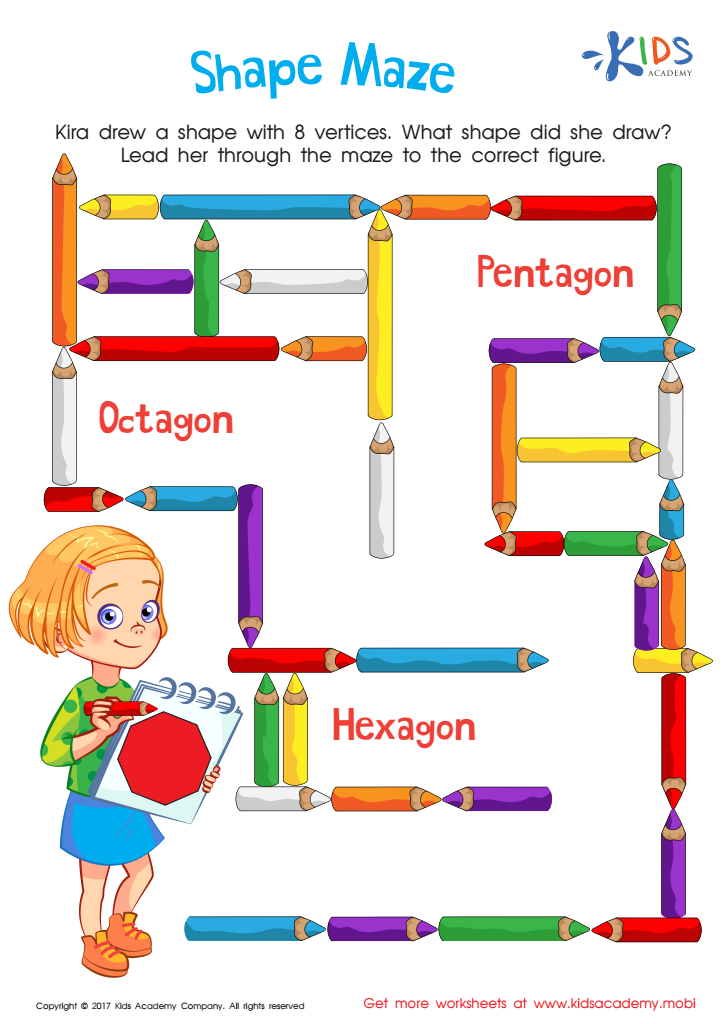

Shape Maze Worksheet
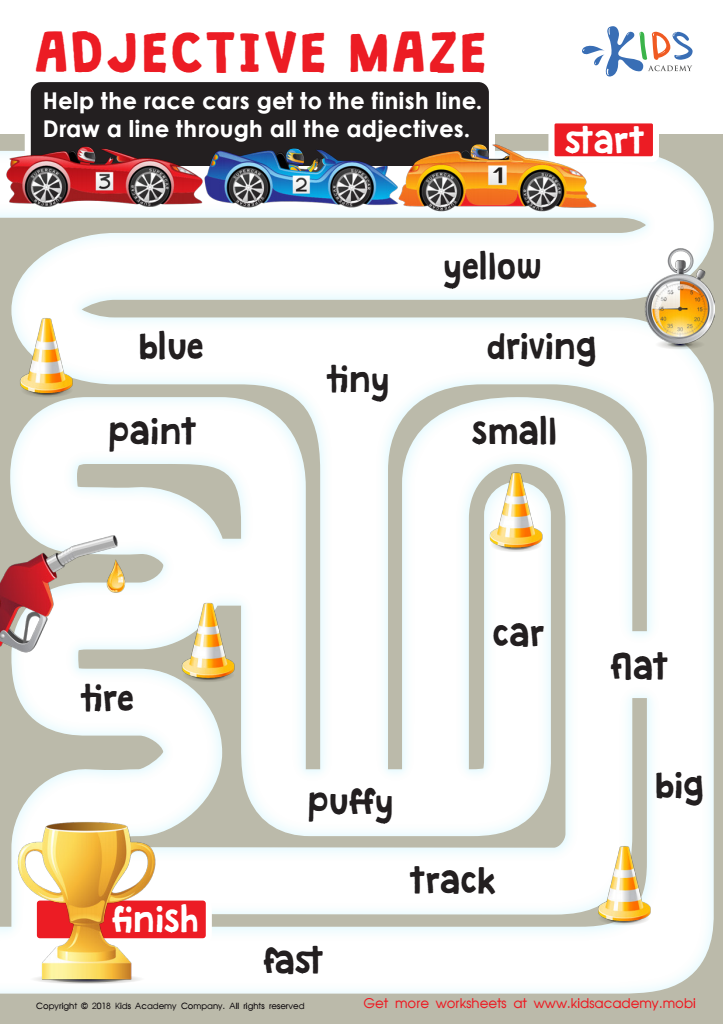

Adjective Maze Worksheet
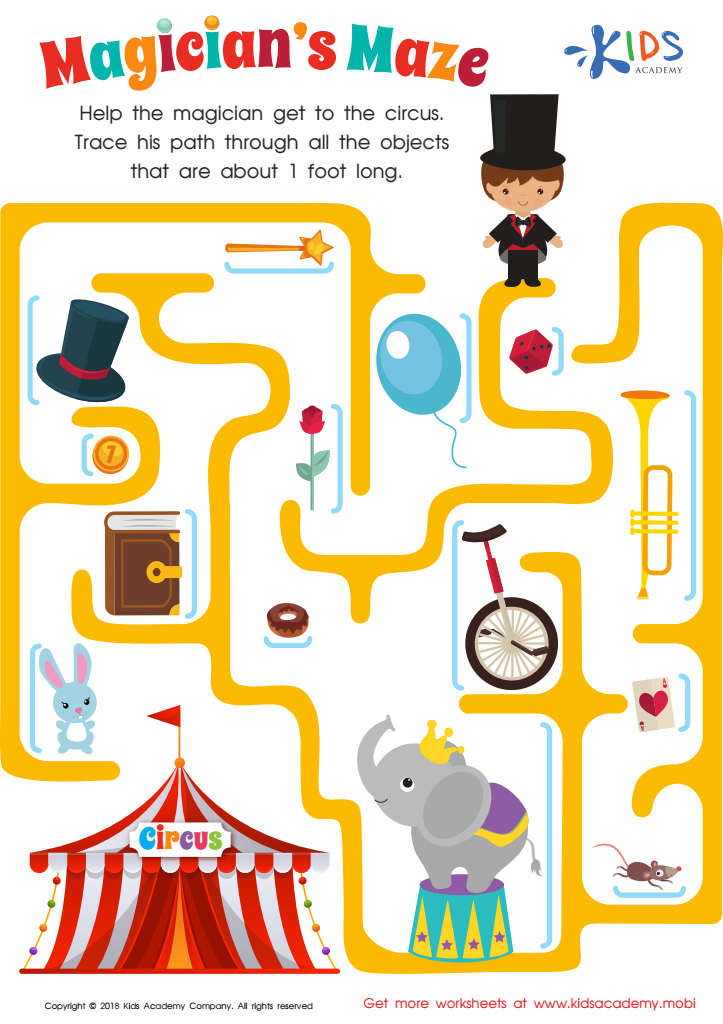

Estimating Length: Magician's Maze Worksheet
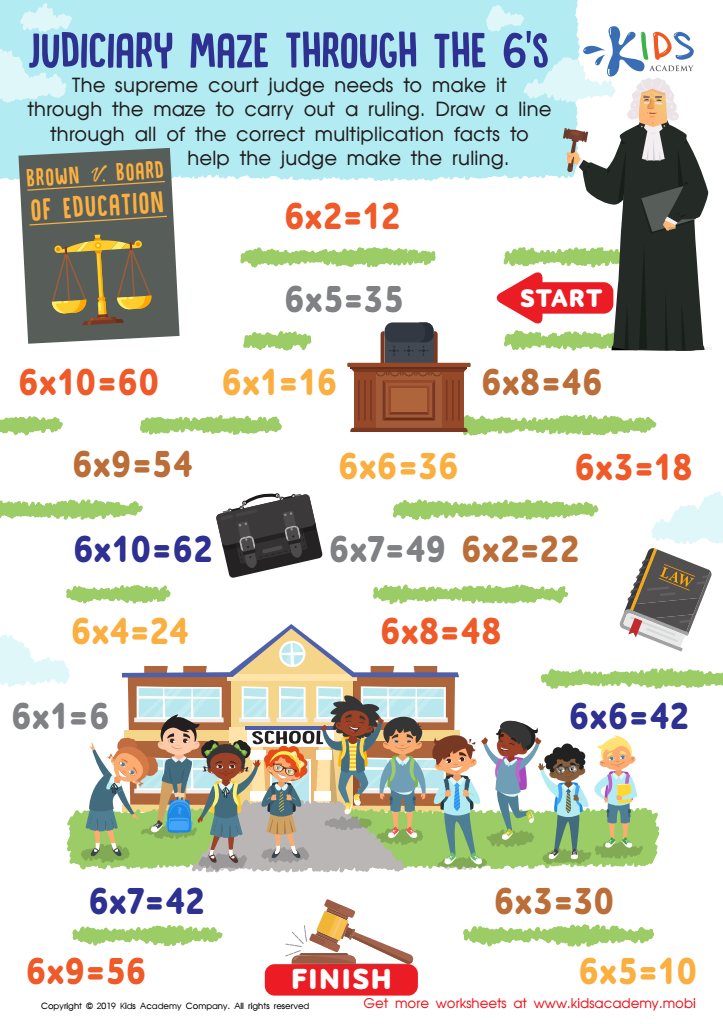

Judiciary Maze Through The 6’s Worksheet
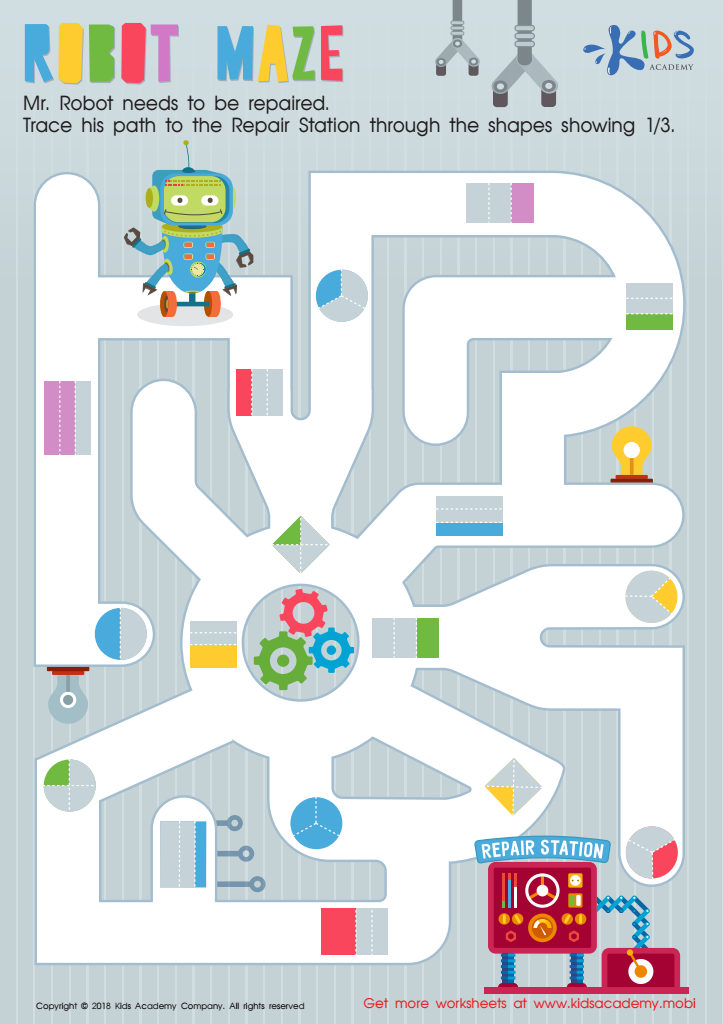

Robot Maze Worksheet
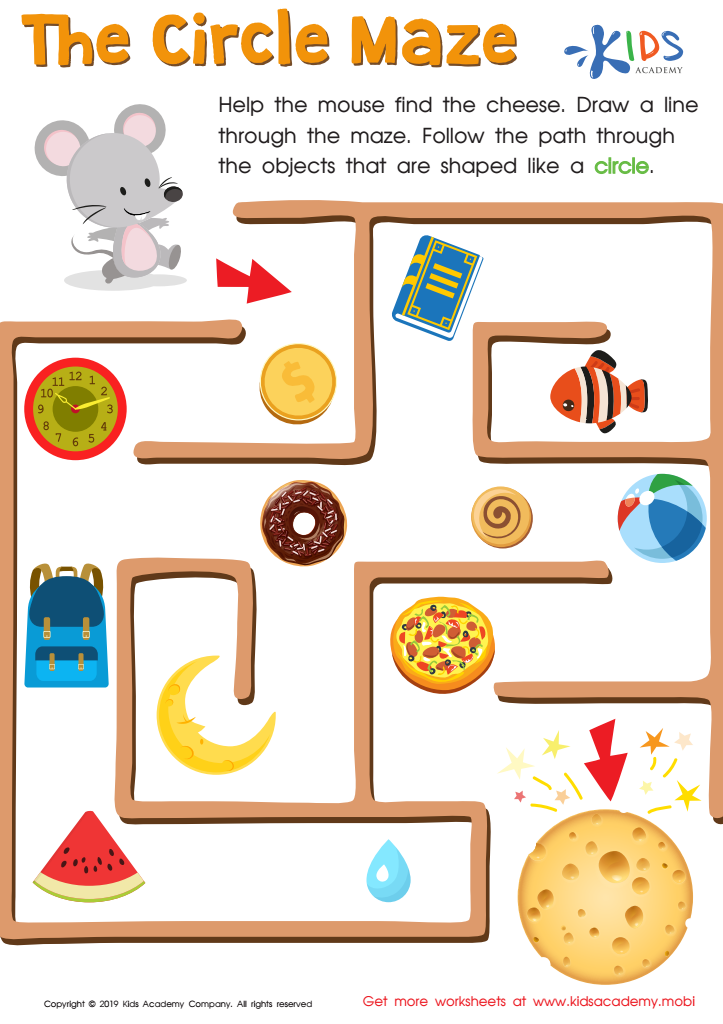

The Circle Maze Worksheet
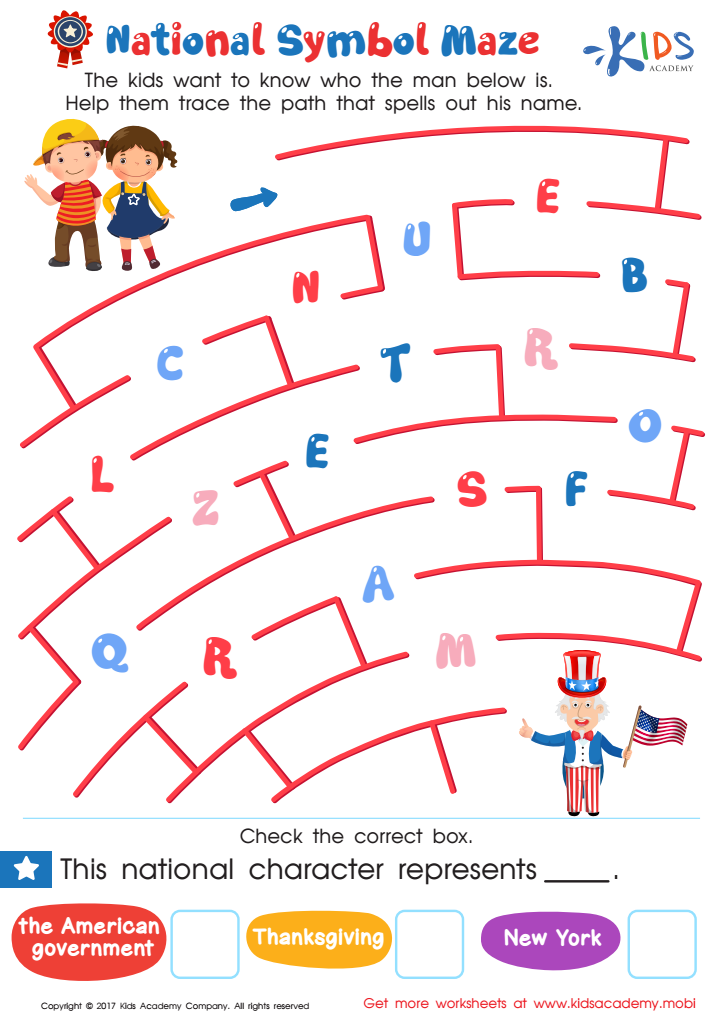

National Symbol Maze Worksheet
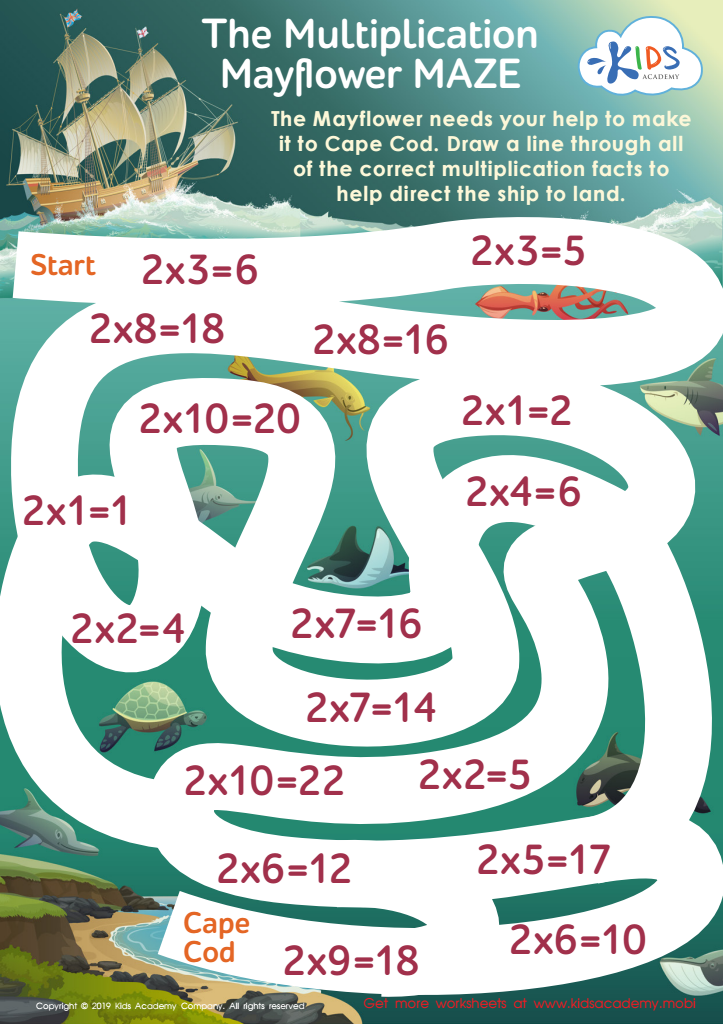

The Multiplication Mayflower Maze Worksheet
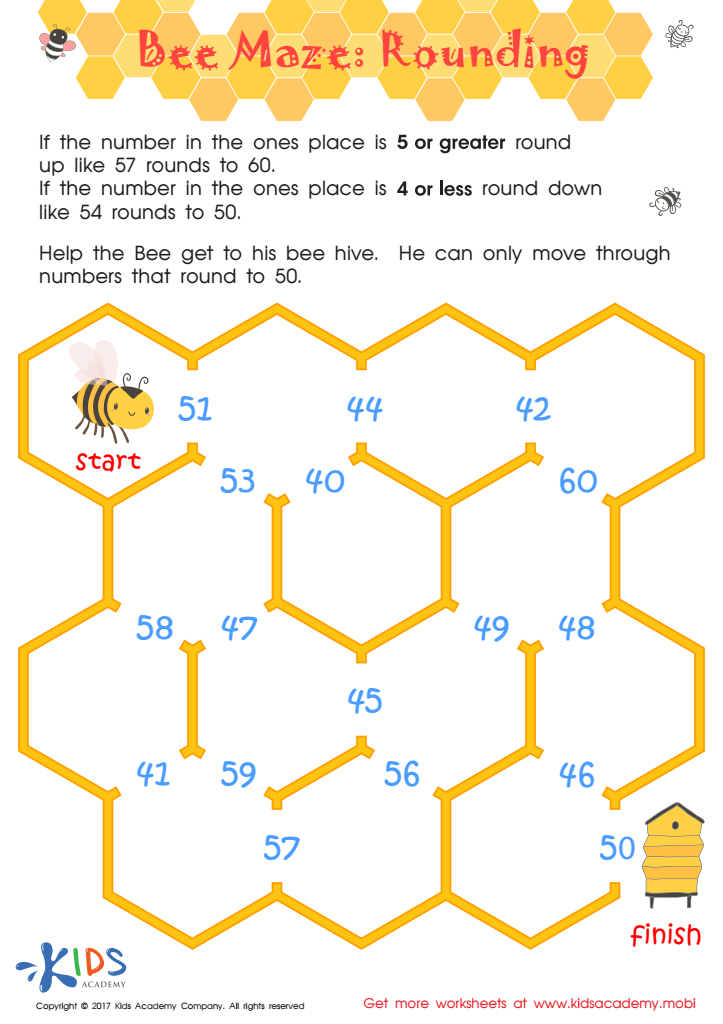

Bee Maze Worksheet
Extra Challenge Mazes worksheets activities are an incredible resource for educators and parents aiming to sharpen children's problem-solving and critical thinking skills. These activities, apart from being immensely enjoyable and engaging for young learners, serve multiple educational purposes that contribute significantly to a child's cognitive development.
Firstly, Extra Challenge Mazes worksheets activities stimulate a child's ability to strategize and plan. As they navigate through complex mazes, children learn to anticipate obstacles and think several steps ahead, honing their strategic thinking capabilities. This skill is not only vital in academic settings but also in everyday life situations where planning and foresight are key.
Secondly, these activities enhance spatial awareness and visual motor integration. Through the process of guiding characters or objects through mazes, children become more aware of spatial relationships, which plays a crucial role in mathematics, science, and even sports. Moreover, maneuvering through these mazes requires a fine motor control and coordination, strengthening hand-eye coordination, which is essential for writing, typing, and other manual tasks.
Additionally, Extra Challenge Mazes worksheets activities are designed to increase in complexity, providing a gradual yet consistent challenge that helps build a child's confidence and persistence. Encountering more difficult mazes teaches children the importance of perseverance and resilience, as they learn that patience and effort can lead to success, even in the face of challenges.
Moreover, these activities offer an excellent opportunity for children to improve their decision-making skills. As they decide on which path to take, they learn to make quick and informed decisions, a valuable skill in fast-paced environments.
In summary, Extra Challenge Mazes worksheets activities are not just entertaining; they are a multifaceted educational tool that promotes critical thinking, planning, spatial awareness, and perseverance among young learners. By incorporating these activities into a child's learning regimen, parents and educators can significantly contribute to their all-around cognitive development.
 Assign to the classroom
Assign to the classroom
